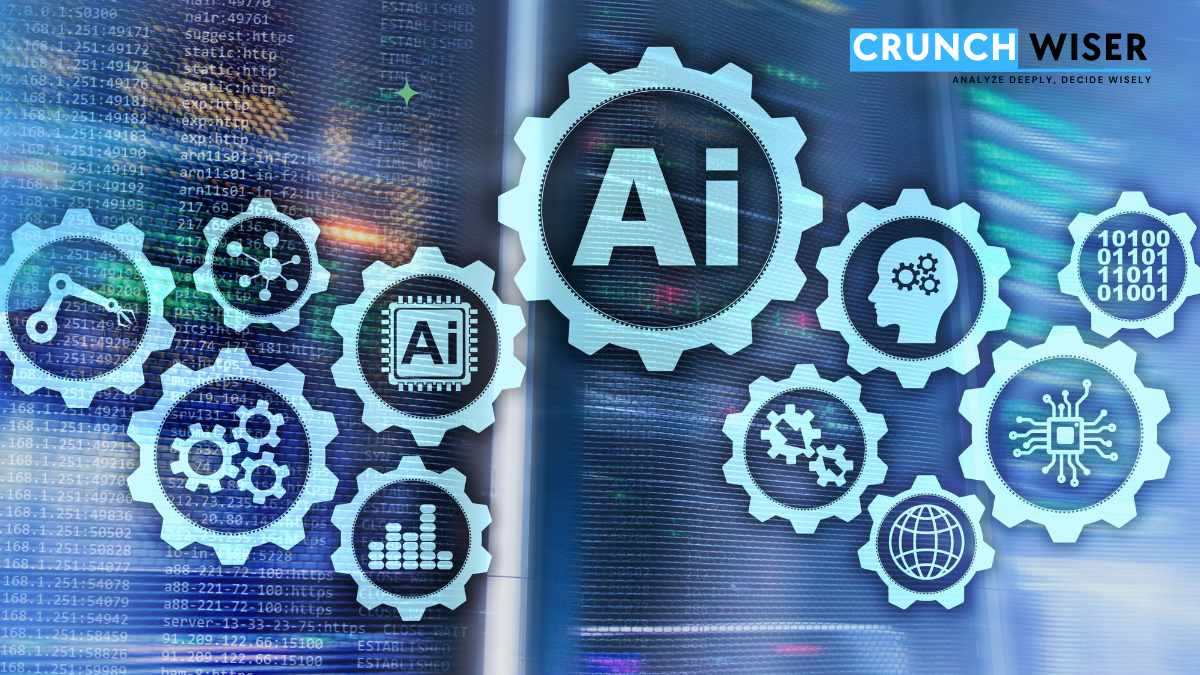AI Search Engines: The Future of SEO and How You Can Prepare
 Times Publication
Times Publication
We’re all familiar with how traditional search engines like Google have influenced SEO strategies over the past decade. But now, AI search engines like SearchGPT, Bard, and Perplexity are making their mark, completely transforming the SEO landscape.
These AI engines don’t just look for keywords—they interpret context and user intent using sophisticated natural language processing (NLP). If your SEO strategy still revolves around the basics like keyword stuffing or building backlinks, it’s time for an upgrade.
Here’s how you can optimize your site for these cutting-edge tools.
Natural Language Processing and User Intent
Traditional search engines have always relied on keywords to help them return relevant results. The rise of AI search engines, however, is moving SEO away from keyword matching and toward contextual understanding. These AI systems analyze the meaning behind a user’s query rather than just the words used.
For example, instead of typing “best SEO tips,” users might ask, “How can I improve my site’s SEO in 2024?” AI search engines understand these conversational queries more intuitively, making it essential for website owners to create content that addresses specific questions.
Long-Tail Keywords Are Key
AI engines are designed to interpret long-tail keywords that closely resemble how we naturally speak. Optimizing for these conversational phrases is key to performing well in AI-powered search results. Focus on specific, detailed queries and build content that speaks to user intent rather than just matching keywords.
For example, instead of focusing solely on “SEO tips,” create content that addresses specific searcher concerns like “How do I rank higher on AI search engines?” or “What are the best SEO practices for AI in 2024?”
Authority and Fresh Content
In AI-driven search, authority matters more than ever. AI engines evaluate the credibility and relevance of your content through E-E-A-T principles (Expertise, Experience, Authority, Trustworthiness). Make sure your content is up-to-date, highly informative, and establishes you as an expert in your field.
Additionally, AI-powered search engines prioritize real-time data. Outdated content is less likely to perform well, so regularly updating your site with fresh, relevant information is critical for staying competitive.
By understanding these principles and optimizing your SEO for AI-powered search engines, you can keep your website relevant as technology continues to evolve. Read the complete guide here: SEO for AI Search Engines.
Subscribe to my newsletter
Read articles from Times Publication directly inside your inbox. Subscribe to the newsletter, and don't miss out.
Written by
